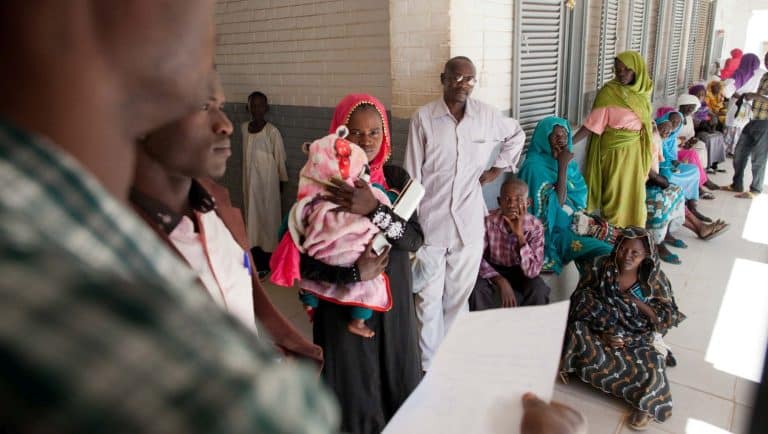
Improving healthcare, but for whom?
The International Finance Corporation (IFC) should increase its focus on health equity, so their private investments in healthcare promote universal access. Read more
There are traditionally low numbers of foreign-born, foreign-trained health workers in Dutch healthcare. But Dutch healthcare workforce shortages are becoming more and more severe, and since Covid-19, this situation is compounded by labour shortages in the economy as a whole.
There have been pilots with the recruitment of international health workers in the early ‘00s, but these were not very successful. However, recent increases in numbers of Indonesians students working in Dutch long-term care, the growing numbers of 24/7 home carers as well as the rise in foreign-trained health workers in hospitals indicate an increased interest in deploying foreign-trained health and care workers to fill the vacancies.
Such international recruitment is not so straightforward. There are several legal obstacles, as well as practical and ethical considerations that influence its feasibility and desirability. Examples include the need to adequately prepare foreign-born, foreign-trained health and care staff for working and living in the Netherlands (recognition of diplomas and qualifications, language, culture) and the risk of creating a brain drain in the countries of origin.
In addition, the recent publication of the Dutch Advisory Council on Migration (ACVZ), containing the advice to the Dutch government to design ethical skills partnerships with sending countries, could trigger increased, active and targeted recruitment of foreign-trained health and care workers.
On the basis of our long-standing engagement in global discussions on health worker migration, the WHO Code of Practice on the international Recruitment of Health Personnel, and the limited evidence on truly equitable and ethical skills partnerships, Wemos is following the developments in the Netherlands critically. Apart from the practical challenges and legal obstacles, many ethical considerations remain unaddressed.
In our new position paper about the international recruitment of health workers for the Netherlands, written for our project Pillars of Health, we therefore recommend the Dutch government to:
Receive our newsletter